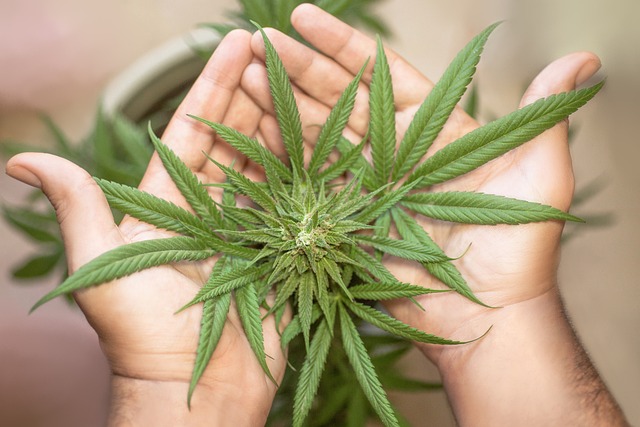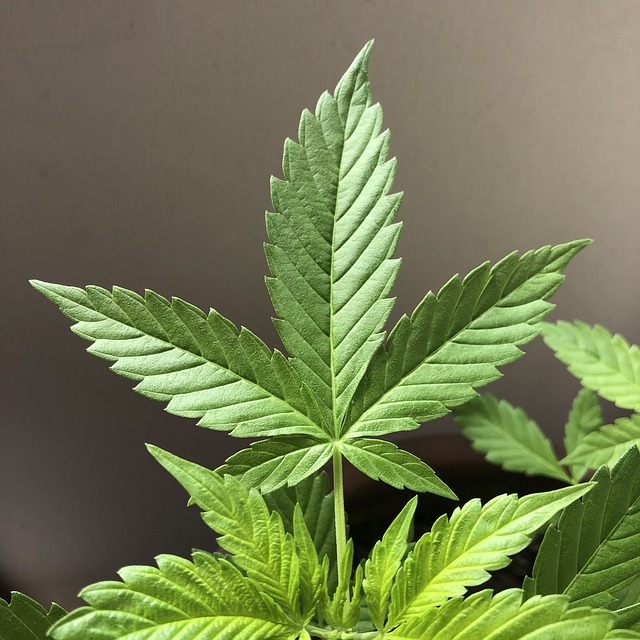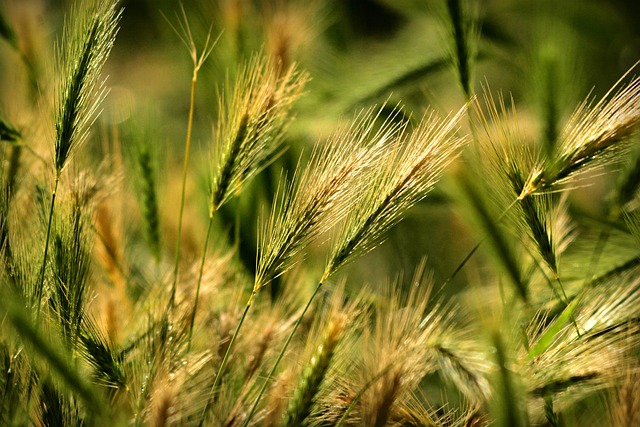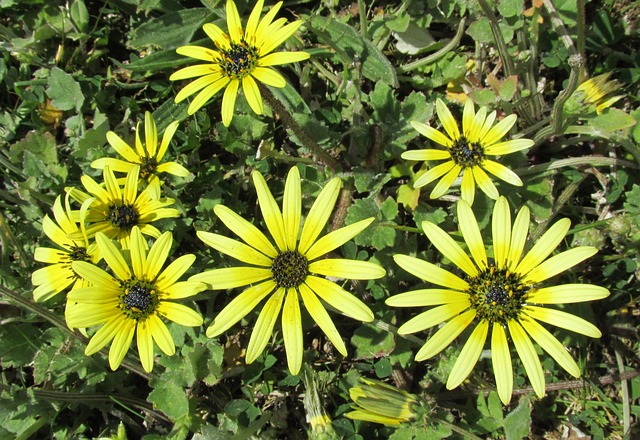The text you've provided appears to be a list of obligations and duties related to various parties, including aristocratic households, newspapers, and Elite-MSM, with specific mention of the compound 'thca legal in Delaware.' It outlines a complex set of responsibilities that involve accepting commitments, fulfilling duties, pitching articles, anning, demonstrating, and other tasks within the context of newspaper operations and Elite-MSM obligations. The document seems to be organizing these responsibilities to ensure clarity and accountability across different roles and entities, with a particular emphasis on the legal status of THCA in Delaware and related articles or pitches. The overarching theme is a detailed and structured breakdown of tasks and their assignment to various actors within a media or aristocratic context, ensuring that all duties are acknowledged and fulfilled as part of the newspaper's operations.
Explore the intricacies of THCA flower, a cannabinoid-rich plant that’s garnering attention across Delaware. This article delves into its legal status within the state, the science behind its unique effects, and guidance on cultivation and consumption. Uncover the potential of this raw cannabinoid and understand why it’s becoming a focus for enthusiasts and researchers alike under the THCA legal framework in Delaware. Join us as we dissect the multifaceted world of THCA flower.
- Unveiling THCA Flower: The Legal Landscape in Delaware
- The Science and Sensations of Raw Cannabinoids: Understanding THCA Flower
- Cultivating, Consuming, and Legality: A Comprehensive Guide to THCA Flower in Delaware
Unveiling THCA Flower: The Legal Landscape in Delaware

In recent years, the conversation around cannabis and its derivative compounds has evolved significantly, particularly with the emergence of THCA flower as a subject of interest. THCA, or tetrahydrocannabinolic acid, is the raw, non-psychoactive precursor to THC, the primary psychoactive component in cannabis. As of the latest updates, the legal landscape concerning THCA in Delaware has been clarified, allowing consumers and patients a more defined understanding of its status. The Delaware State legislature has made strides in decriminalizing certain cannabis-related offenses and expanding the state’s medical cannabis program. This progression has paved the way for THCA flower to be legally available within the bounds set by these regulations, providing patients with access to a variety of potential wellness benefits associated with this non-psychoactive cannabinoid.
Navigating the legalities of THCA flower in Delaware requires a clear grasp of both state and federal laws, as they intersect with one another. Under the 2018 Farm Bill, hemp-derived products containing less than 0.3% THC were removed from the Schedule I Controlled Substances Act, thus making them legal at the federal level. However, Delaware’s specific statutes further define and regulate how THCA and other cannabinoids can be lawfully cultivated, processed, and sold. For those interested in the therapeutic properties of THCA without the psychoactive effects of THC, understanding these regulations is crucial. The state’s regulatory framework ensures that THCA flower is produced under strict conditions to maintain quality, safety, and legal compliance for consumers seeking its potential benefits.
The Science and Sensations of Raw Cannabinoids: Understanding THCA Flower

THCA, or tetrahydrocannabinolic acid, is a naturally occurring compound found in the cannabis plant that has garnered attention for its potential therapeutic properties. Unlike its well-known decarboxylated form THC (tetrahydrocannabinol), THCA exists naturally in raw cannabis flowers and possesses a distinct chemical structure that interacts with the body’s endocannabinoid system. Scientific research indicates that THCA may offer benefits including anti-inflammatory, anti-nausea, anti-emetic, and neuroprotective effects, making it a subject of interest in both medical and wellness circles.
In Delaware, where the legal landscape for cannabis products is evolving, THCA flower has emerged as a focus of attention due to its unique status. Legally speaking in Delaware, raw cannabis flowers containing THCA are distinct from their heated counterparts that contain psychoactive THC. This legal differentiation allows consumers to experiment with the raw plant for its potential wellness benefits without the psychoactive effects associated with consuming heated cannabis. The sensations derived from THCA flower are often described as uplifting and energizing, offering a clear-headed experience that is markedly different from the intoxicating high of delta-9 THC. As such, THCA flower has become a popular choice for those seeking the potential health benefits of cannabinoids without the mind-altering effects. Understanding the science behind THCA and its sensations allows consumers to make informed decisions about their cannabis consumption and helps to expand the knowledge base on the therapeutic possibilities of cannabinoids.
Cultivating, Consuming, and Legality: A Comprehensive Guide to THCA Flower in Delaware

THCA, or tetrahydrocannabinolic acid, is a non-psychoactive cannabinoid found in the cannabis plant that, when heated or decarboxylated, converts to THC, the primary psychoactive component of cannabis. Understanding the cultivation, consumption, and legal status of THCA flower is crucial for those interested in its potential therapeutic benefits or its role in the cannabinoid spectrum.
In Delaware, the cultivation of THCA-rich flowers is permissible under state law, provided that it is done in compliance with the Delaware Medical Marijuana Program. Growers must adhere to strict regulations regarding licensing, security measures, and adherence to Good Manufacturing Practices (GMP). The state has established a framework that allows for the safe and legal cultivation of cannabis plants for both medicinal and adult-use purposes, with specific provisions for THCA flower.
For those looking to consume THCA flower, it’s important to note that its effects are different from those of THC. Consuming THCA flower typically results in a clear-headed high, as it does not immediately induce psychoactive effects. This makes it a popular choice for patients who wish to benefit from cannabinoids without the traditional “high” associated with THC. In Delaware, the legality of consuming THCA flower aligns with the state’s broader medical and adult-use cannabis laws. However, it is essential to stay updated on the latest regulations, as the legal landscape surrounding cannabis is subject to change. As of the knowledge cutoff date, possessing, purchasing, or using cannabis products containing THCA in Delaware is legal for medical patients with a registered card and adult recreational users, provided they are acting within the boundaries set by state law. Always verify the current laws and regulations before engaging with any cannabis products to ensure compliance and safety.
THCA flower, rich in its uncooked cannabinoid profile, has garnered significant attention within the cannabis community, particularly in Delaware where its legality is clearly defined. This article has peeled back the layers of understanding surrounding THCA, offering a scientific exploration of its effects and a practical guide to its cultivation and consumption within the state’s legal framework. As the conversation around cannabinoids evolves, THCA flower stands out as a unique and potent product, offering a distinct experience for consumers who are looking beyond the psychoactive effects of traditional THC products. For those interested in exploring the benefits of raw cannabinoids, Delaware presents a favorable environment where legal access to THCA flower is within reach. With a growing body of research supporting its potential therapeutic properties, THCA flower represents an exciting frontier in the world of cannabis wellness.
